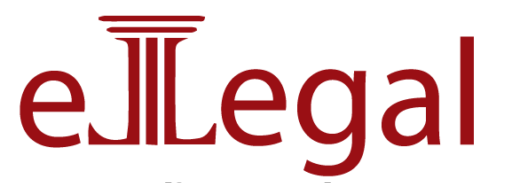In February 2023, a significant milestone for Nigerian enterprises emerged with the signing of the Business Facilitation (Miscellaneous Provisions) Act, 2023. While it may not have garnered media attention akin to celebrity events or viral trends, this legislation holds profound implications for the future of small and medium-sized enterprises (SMEs) in Nigeria.
For entrepreneurs navigating challenges related to regulatory inefficiencies, excessive bureaucracy, and unpredictable processes, this Act heralds a transformative change. It represents a concerted effort by the Nigerian government to cultivate a more conducive business environment, empowering SMEs to thrive, expand, and contribute meaningfully to economic development.
Understanding the Business Facilitation Act, 2023
Signed into law by former President Muhammadu Buhari in February 2023, the Business Facilitation Act (BFA) is a legislative initiative aimed at simplifying the process of doing business in Nigeria. This law does not merely echo high-level governmental objectives; it directly targets the everyday challenges faced by Nigerian businesses, particularly SMEs.
Key provisions of the Act include:
– Amendments to 21 existing business-related laws
– Enhanced powers for the Presidential Enabling Business Environment Council (PEBEC)
– Mandates for transparency and efficiency from Ministries, Departments, and Agencies (MDAs)
In essence, the Act acts as a much-needed overhaul of the Nigerian business landscape.
Significance of the BFA for Nigerian SMEs
SMEs are widely recognized as the backbone of the Nigerian economy. Nevertheless, they often confront systemic barriers that impede growth, such as complex registration procedures, redundant regulations, and opaque governance practices. The BFA addresses these issues in several vital ways.
- 1. Full Automation of CAC Processes
The BFA mandates the Corporate Affairs Commission (CAC) to fully automate its application processes within 14 days from the Act’s commencement. This encompasses not only business registration but also essential post-registration services, such as amendments to company information. While registration has seen significant automation, technical issues in post-incorporation services need resolution for compliance with the new law.
- Streamlined and Harmonized Regulatory Processes
One common frustration for Nigerian SMEs is the tangled web of overlapping regulatory requirements. Multiple agencies often request similar documentation, impose duplicate fees, and apply inconsistent standards. The BFA addresses this by:
– Harmonizing business laws and procedures
– Eliminating redundant mandates among agencies
– Promoting inter-agency collaboration
The result is reduced compliance costs, fewer administrative burdens, and enhanced clarity—critical factors for small businesses operating within limited budgets and timelines.
- Transparency and Automatic Approvals
The Act emphasizes the necessity of transparency in interactions between businesses and government entities, particularly with MDAs that oversee services like tax filings, permits, licenses, and approvals. Under the BFA:
– Each MDA must publish a comprehensive list of requirements necessary for accessing their services within 21 days of the Act taking effect.
– MDAs are required to inform applicants of the acceptance or rejection of their requests within a specified timeframe. If they fail to respond within this period, applications will be automatically approved.
While enforcement may face challenges, if implemented correctly, these provisions could substantially mitigate corruption and enhance fairness in public service delivery.
- Mandatory Publication of Requirements and Digital Accessibility
The BFA requires all MDAs to publish their requirements for permits, licenses, and regulatory approvals online, promoting digital channels for greater accessibility. This move benefits SMEs by:
– Offering greater transparency and access to information
– Eliminating arbitrary requirements
– Reducing the necessity for physical visits and intermediaries
Entrepreneurs in remote areas will particularly benefit, as digital access diminishes informal payments and extortion, fostering a more equitable business environment.
- Enhanced Global Reputation and Competitiveness
The successful implementation of the BFA is expected to positively impact Nigeria’s standing in global Ease of Doing Business rankings. A stronger position sends a clear message to the international business community regarding Nigeria’s commitment to reform and investment. While these benefits may seem distant for the average SME, the implications include:
– Increased foreign direct investment (FDI)
– Greater market access for local suppliers
– Enhanced public-private partnerships
As the macroeconomic landscape improves, the downstream benefits for SMEs are likely to be significant.
Recommended Actions for SMEs
In light of the potential benefits highlighted by the Business Facilitation Act, 2023, SMEs should consider the following actions:
– Leverage Digital Services: Many agencies now offer online portals. Start utilizing these platforms today.
– Understand Your Rights: If an agency delays beyond the specified timeline, inquire about the reason and reference the Default Approval Rule.
– Engage with SME Networks: Organizations like SMEDAN and local chambers of commerce provide valuable updates and training on evolving business policies.
– Monitor PEBEC’s Dashboard: Regularly review progress reports and scorecards to determine which agencies are compliant and which are not.
Conclusion
The Business Facilitation Act, 2023, is poised to simplify business operations in Nigeria by eliminating bureaucratic barriers, enhancing transparency, and fostering accountability. This Act lays a robust foundation for the growth and long-term development of SMEs, although its effectiveness will depend on diligent implementation by all stakeholders.
For further information or assistance, please contact us.




